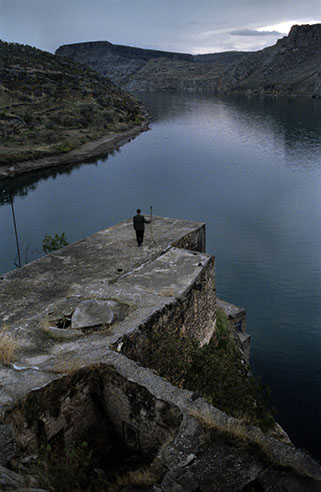
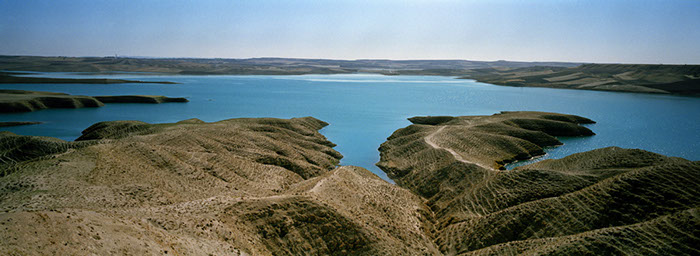
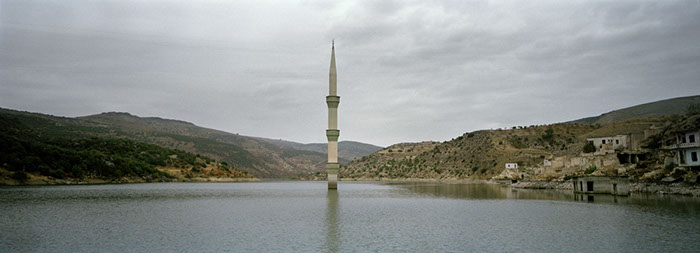
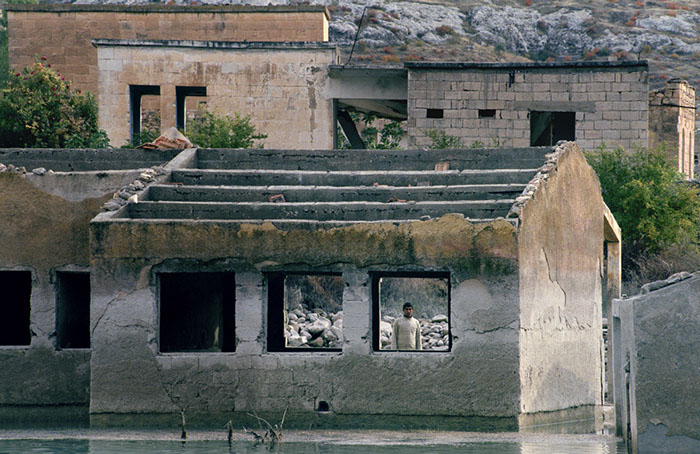
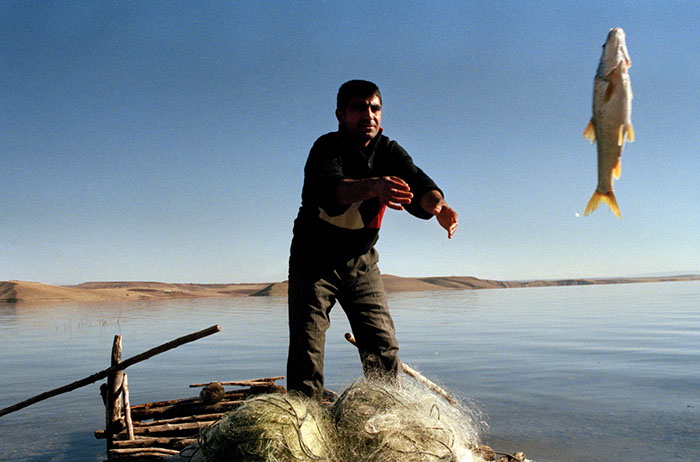
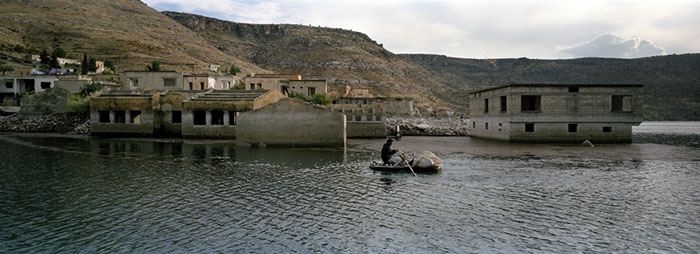
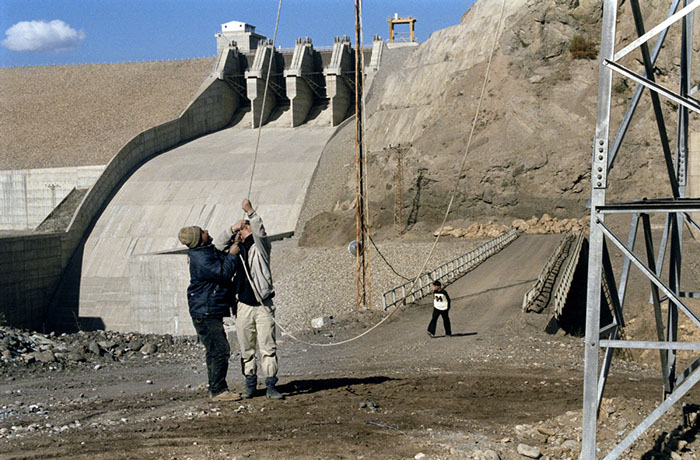
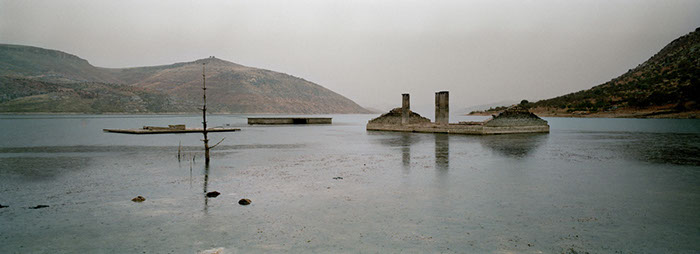
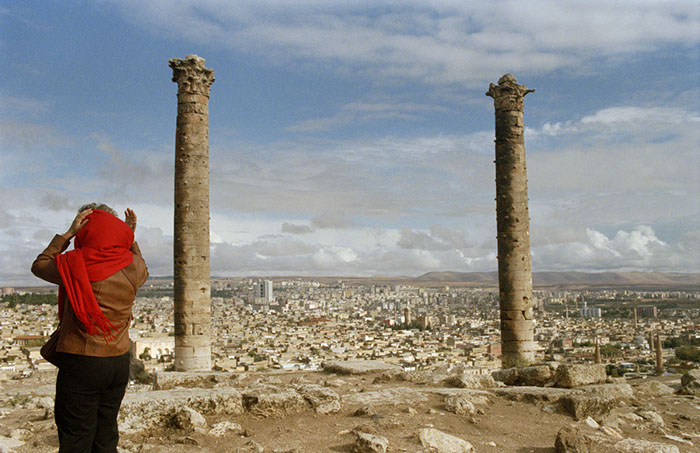
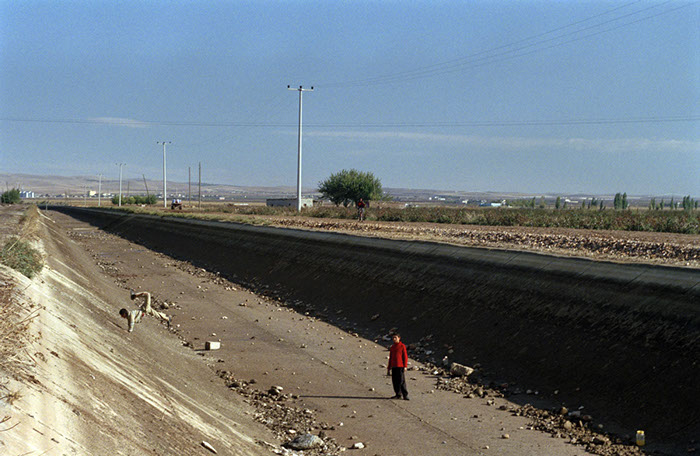
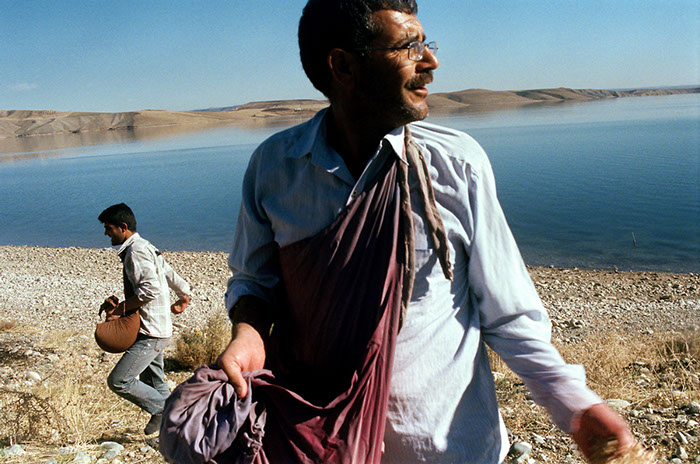
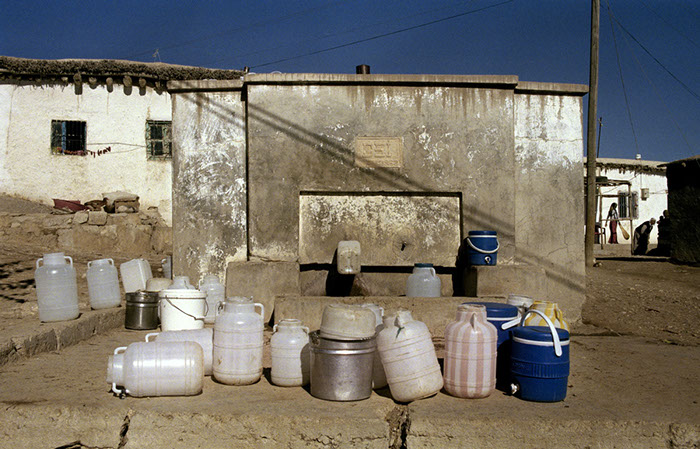
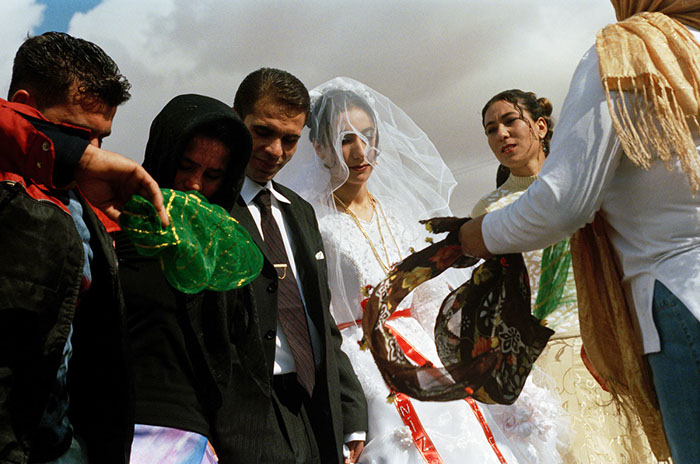
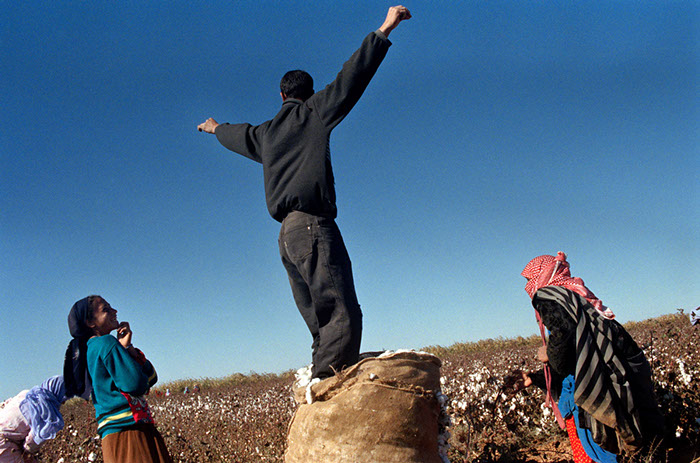
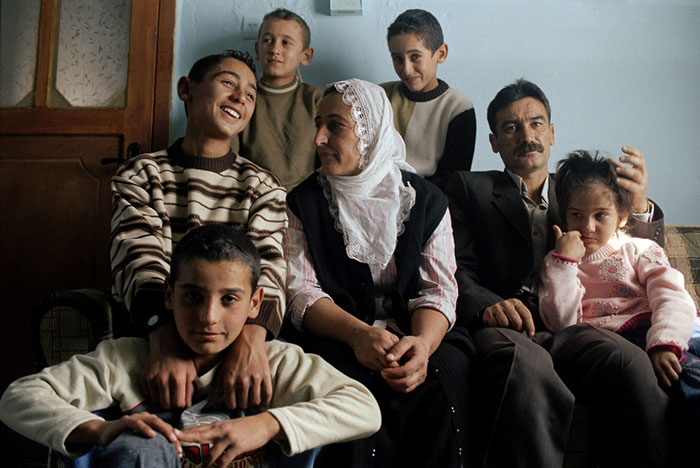
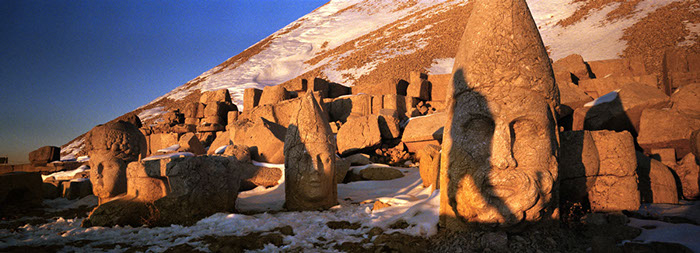
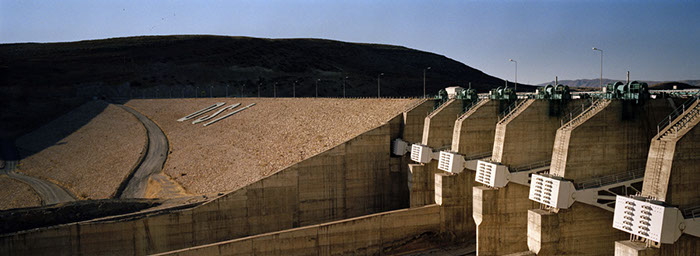
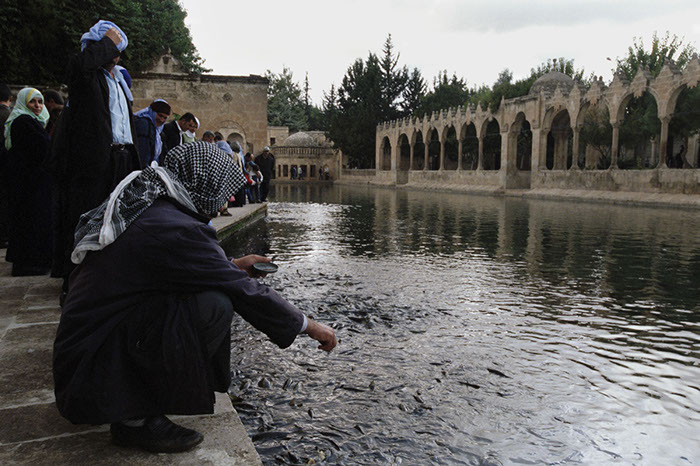
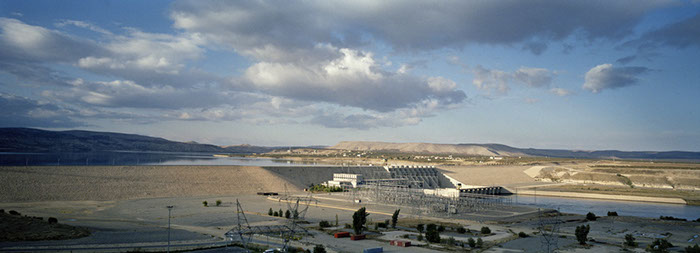
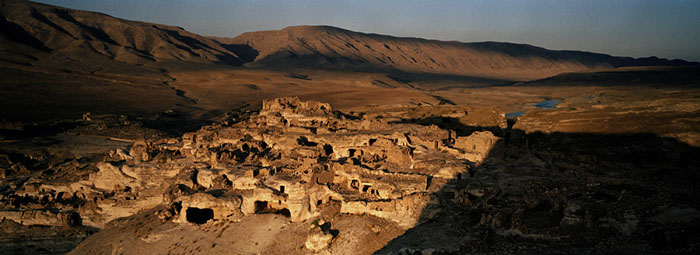
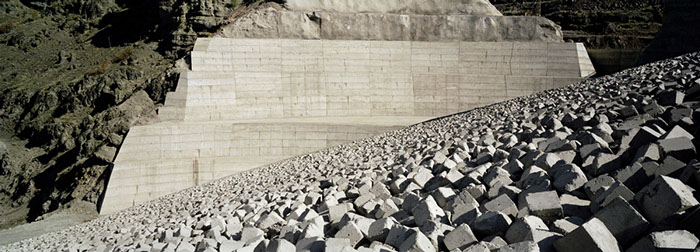
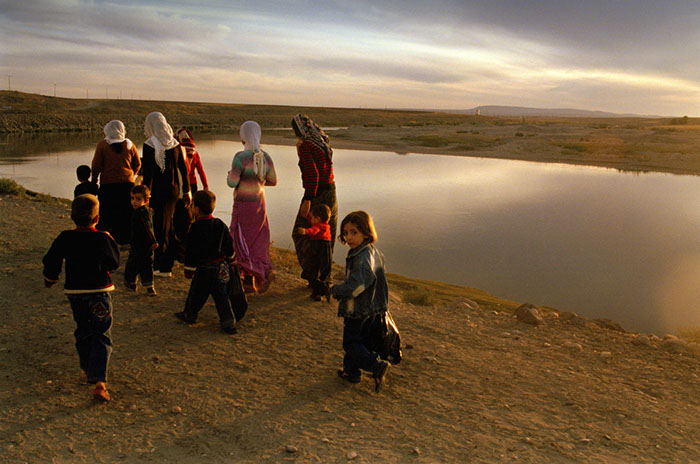
GAP
GAP
tigris and euphrates rivers
TURKEY
The infection is going on for decades and is rising.
It is the virus of mega water projects: both huge hydroelectric dams that block the course of the most important rivers of the hear and generate huge lakes, both made of cement pipes to carry water and agricultural development in infertile land, sometimes lost in the midst of deserts.
They are constructed looking especially at the production of electricity, remarkable in many cases, but almost always ignoring the side effects.
The repercussions in terms of environmental and social sustainability are, practically, never billed for a serious assessment of the costs and benefits in the short and long term, especially in developing countries.
And these costs, the real costs are very heavy: the disappearance of fertile lands cultivated for centuries, destruction of ecosystems, exodus of entire populations whose lands and houses are submerged, and sterility progressive salinization of soil in the areas reached by the works' irrigation ancillary to large dams, huge emissions of carbon dioxide due to the fermentation that occurs on bottoms of reservoirs, flood of archaeological areas, spread of malaria and other diseases, even earthquakes and more. Heavy sacrifices offered on the altar of these "temples of modern times", as he liked to define dams Indian statesman Nehru.
Turkey has been working since 1981 to GAP project, which is the Southest Anatolia Project, one of the most impressive development plans ever undertaken in the world with its 22 dams and 19 hydroelectric plants on the Tigris and Euphrates.
The purpose: to give electricity to the industries of the western part of the country, Istanbul in the head, and irrigate large areas in semi-desert areas surrounding the new reservoirs, to provide impetus to agriculture.
A project that, apart from the benefits, especially energy, has brought incalculable repercussions on the population and on the environmental and archaeological heritage.
Much of the banks of the Tigris and Euphrates rivers on which it is good to remember that developed Western civilization since its origin, have been submerged by the huge artificial lakes sometimes hundreds of kilometers long created by the dams. Fertile land cultivated for thousands of years, tens of villages and archaeological sites have disappeared under water, and tens of thousands of people, mostly of Kurdish origin, are due to migrate to the big cities in a period, among other things, during the which he was in a civil war that was interested in precisely those regions and those populations. Together with the villages, the land, people, transportation routes, disappeared a whole piece of Turkish culture.
Those who were alive two rivers, resemble today to empty rooms, whose banks have been almost completely abandoned.
Where were created agricultural infrastructure, almost exclusively in the semi desert area surrounding the dam of Ataturk, the most imposing barrier of the project, the result has been a boom in extensive crops, especially cotton, which have so created a small paradise agriculture but at the same time have revealed the lack of vision of the project. The exploitation of the land can only be for a few years and the cost of their definitive deterioration, due to the resulting surface salinity, a result of irrigation in desert areas well known to agronomists. Wealth so for a few years and then the desert, in the logic of consuming plots always new, this seems to be the project of agricultural expansion at the base of GAP.
And it is still an open question that concerns the historic city of Hasankeyf, built more than 5,000 years and even mentioned in the Bible have been there and left traces all the peoples and civilizations of the West's most important. It will soon be flooded by the Ilisu Dam, along with 199 villages inhabited by about 70,000 people, and many other archaeological sites that still have not even been studied. The international community has withdrawn funds that had guaranteed the project, after protests by many environmental organizations, and has taken a position contrary in recent months against this massacre but the turkish government seems determined to go it alone against all.






